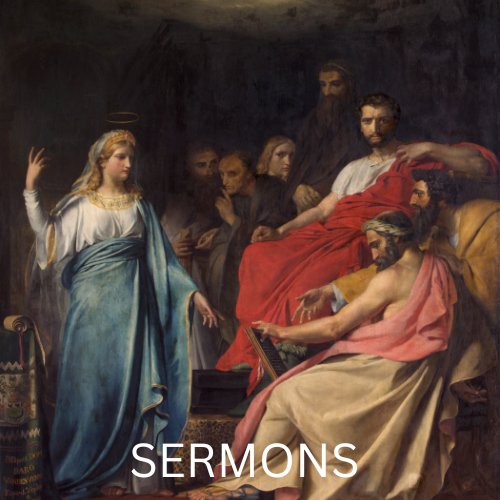Church Leadership
Church Leadership

“Do not muzzle the ox while it is treading out the grain” 1 Timothy 5:18;Deut 25:4; and 1 Co 9:9
This is the keynote Scripture that Paul points to whenever monetary payment of church leaders occurs. Today, the most common model for church leaders is to attend seminary and then interview with a local church board and maybe guest preach before being offered salaried employment. This is in contrast to some conservative groups who point to Paul’s willingness to be a tent maker and forego his right to material support from the local church.
Both models have serious flaws. The first, thrusts young people, fresh out of seminary into church leadership. Often they are supporting young families that need big houses and accrue all the costs necessary to raising children. As a result the last Evangelical church I attended had the following budget: 60+% to staff salaries and 401k plans, 30+% to building expenses less than 2% to benevolence and care for the poor. As a result everyone was expected to at least tithe on their gross income. Of course, tithing is not part of the New Testament commands of Jesus. It should be obvious that someone making $20,000 per year is going to have a much more difficult time tithing that someone making $100,000 per year.
The other model, where church leaders receive little or no material support from the local church results in church leaders having to maintain full-time secular jobs, like Paul’s tent-making. As a result, the local church suffers from a lack of leadership.
The early church model is to pay the church leaders what they need and not a salary. This is in line with the Scriptures. An Ox is allowed to eat from the grain while treading the wheat, but once the ox finished treading the farmer did not continue to feed him wheat. The wheat was for his family and the ox went back to eating the much less expensive hay. So too, church leadership must be allowed to take what they need and not a salary. This allows the local church to change its budget to: 30% to staff needs; 70% to the poor.
This can only be done if the seminary system is done away with. The early church relied on Elders as leaders.
An overseer, then, must be above reproach, the husband of one wife, [c]temperate, self-controlled, respectable, hospitable, skillful in teaching, 3 not overindulging in wine, not [d]a bully, but gentle, not contentious, free from the love of money. 4 He must be one who manages his own household well, keeping his children under control with all dignity 5 (but if a man does not know how to manage his own household, how will he take care of the church of God?), 6 and not a new convert, so that he will not become conceited and fall into condemnation [e]incurred by the devil. 7 And he must have a good reputation with those outside the church, so that he will not fall into [f]disgrace and the snare of the devil. 1 Tim 3:1-7
namely, if any man is beyond reproach, the husband of one wife, having children who believe, not accused of indecent behavior or rebellion. 7 For the [e]overseer must be beyond reproach as God’s steward, not self-willed, not quick-tempered, not overindulging in wine, not [f]a bully, not greedy for money, 8 but hospitable, loving what is good, self-controlled, righteous, holy, disciplined, 9 holding firmly the faithful word which is in accordance with the teaching, so that he will be able both to [g]exhort in sound doctrine and to refute those who contradict it. Titus 1:6-9
So, in order to be an Elder one must have believing children and would disqualify nearly every new seminary graduate from church leadership. Elders don’t graduate from seminary they are organically grown from within the local churches and their credentials are proven and obedient lives.